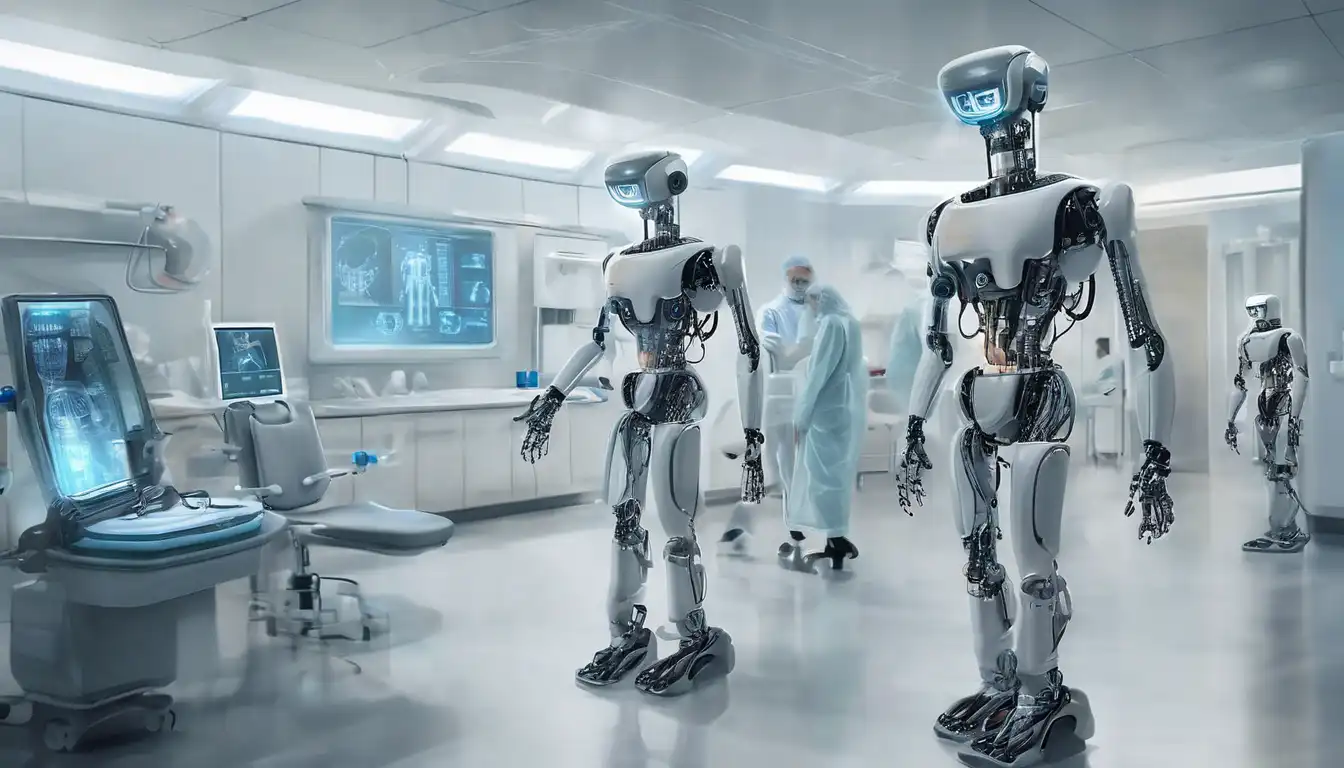The Next Era of Robotics in Healthcare
The integration of robotics into healthcare is transforming patient care, surgical procedures, and rehabilitation processes. This technological advancement is not just a glimpse into the future; it's a present reality that's reshaping the healthcare industry. From robotic-assisted surgeries to automated patient monitoring systems, the potential for robotics in healthcare is boundless.
Robotic-Assisted Surgeries: Precision and Efficiency
One of the most significant contributions of robotics in healthcare is in the field of surgery. Robotic-assisted surgeries allow for unparalleled precision, reducing human error and improving patient outcomes. Surgeons can perform complex procedures with more accuracy, flexibility, and control than conventional techniques permit.
Automated Patient Monitoring: A New Standard of Care
Automated patient monitoring systems are another area where robotics is making a mark. These systems can track patient vitals around the clock, alerting healthcare providers to any changes that may indicate a deterioration in the patient's condition. This not only enhances patient safety but also allows healthcare professionals to focus on more critical tasks.
Rehabilitation Robotics: Accelerating Recovery
Rehabilitation robotics is revolutionizing the way patients recover from injuries and strokes. These robotic devices assist patients in performing repetitive motions, helping them regain strength and mobility faster than traditional therapy methods. The use of robotics in rehabilitation is a testament to how technology can aid in the healing process.
The Future of Robotics in Healthcare
The future of robotics in healthcare is bright, with ongoing research and development paving the way for more innovative applications. From nanorobots that can deliver drugs directly to diseased cells to robotic exoskeletons that enable paraplegics to walk, the possibilities are endless. As technology continues to evolve, so too will the role of robotics in healthcare, offering new hope and improved quality of life for patients worldwide.
For more insights into how technology is transforming healthcare, explore our articles on AI in Healthcare and Telemedicine.
Conclusion
The advent of robotics in healthcare is a game-changer, offering precision, efficiency, and innovation in patient care. As we look to the future, it's clear that robotics will play an increasingly vital role in healthcare, from surgery and patient monitoring to rehabilitation and beyond. The potential for robotics to improve patient outcomes and streamline healthcare processes is immense, marking the dawn of a new era in medical technology.
